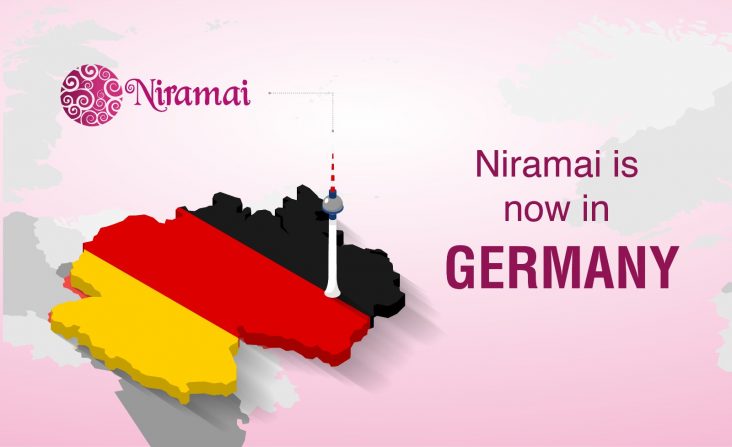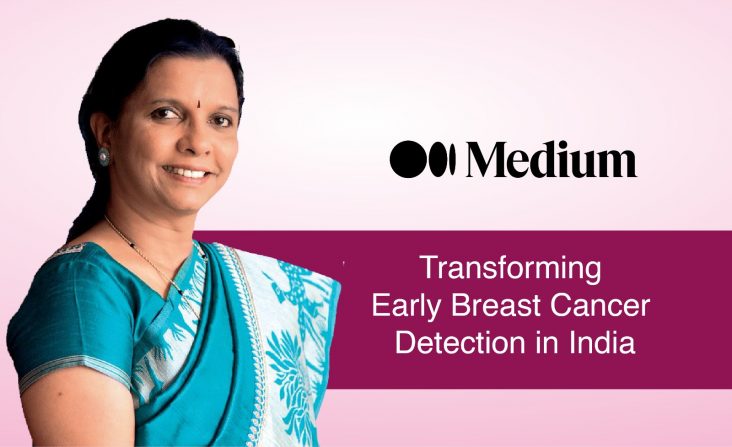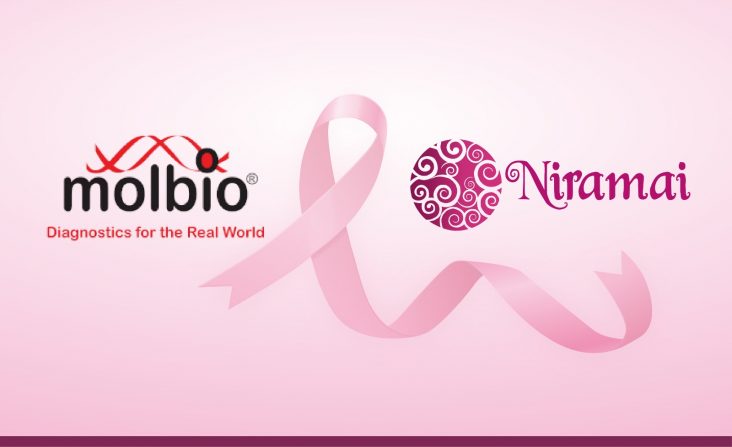Niramai Health Analytix is proud to announce its selection for the MedTech Innovator Asia Pacific 2024 Accelerator Cohort Program, the world’s largest accelerator for medical technology companies. This year, 20 companies were chosen from over 400 applicants after a rigorous selection process.
MedTech Innovator, in partnership with the Asia Pacific Medical Technology Association (APACMed), connects top startups with investors, business leaders, and professionals to drive the commercialization of life-changing technologies.
“Niramai Health Analytix’s inclusion in this program is a significant milestone,” said Dr. Geetha Manjunath, Founder and CEO. “Our AI-based breast cancer screening solution can revolutionize early detection and improve patient outcomes.”
The cohort program, held from June 12 to 14 in Mountain View, California, was attended by Dr. Manjunath, who engaged with other innovators and industry leaders.
“We are delighted to announce this year’s cohort, representing a broad range of technologies and innovations,” said Fredrik Nyberg, Managing Director, MedTech Innovator Asia Pacific. “We look forward to supporting them in advancing their technologies and transforming patient lives globally.”





